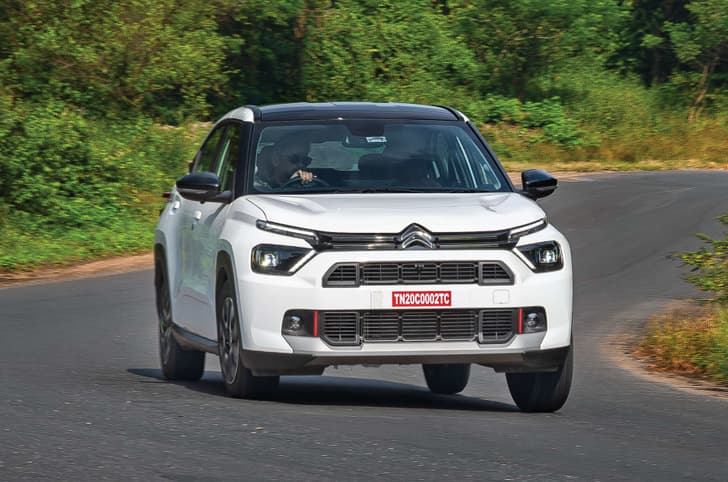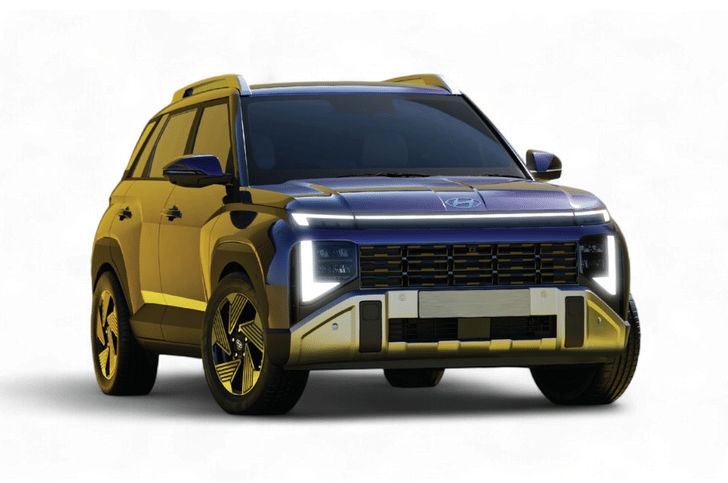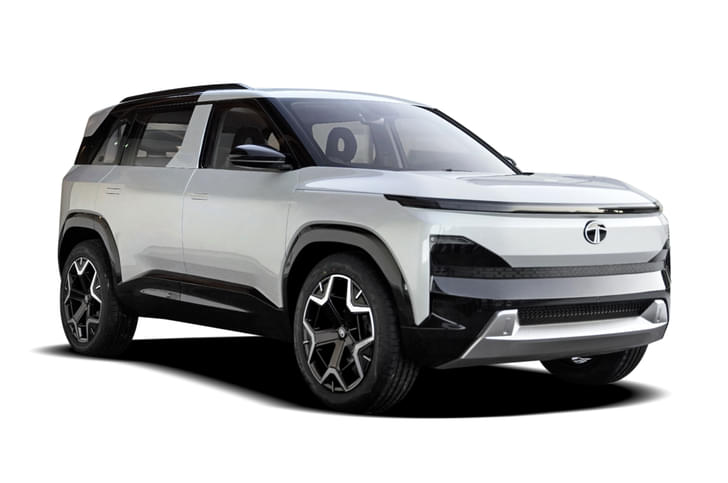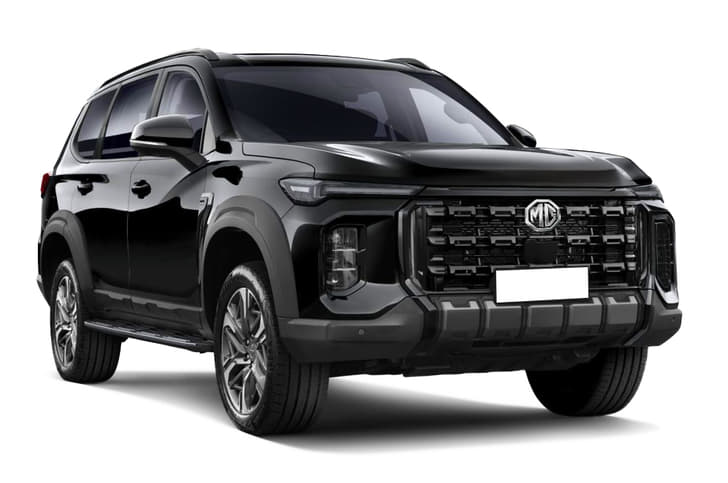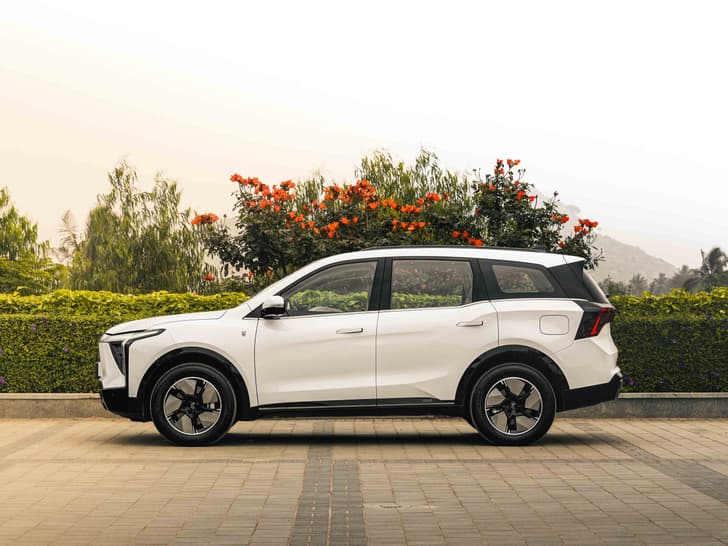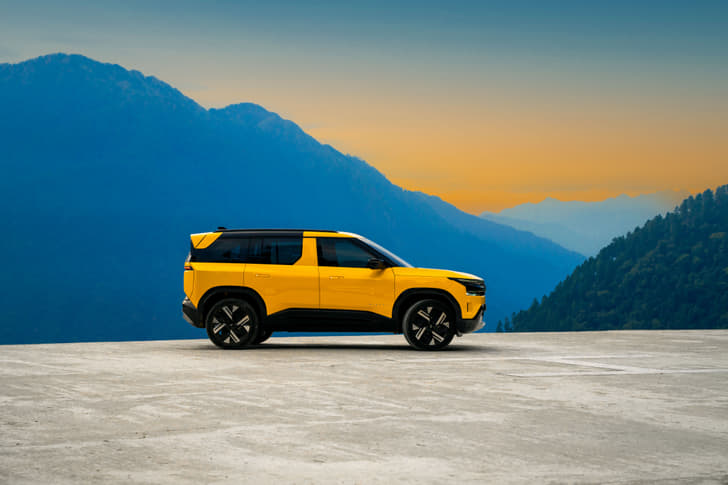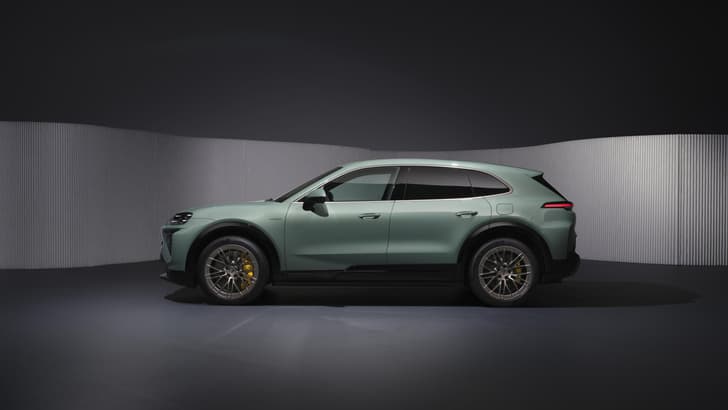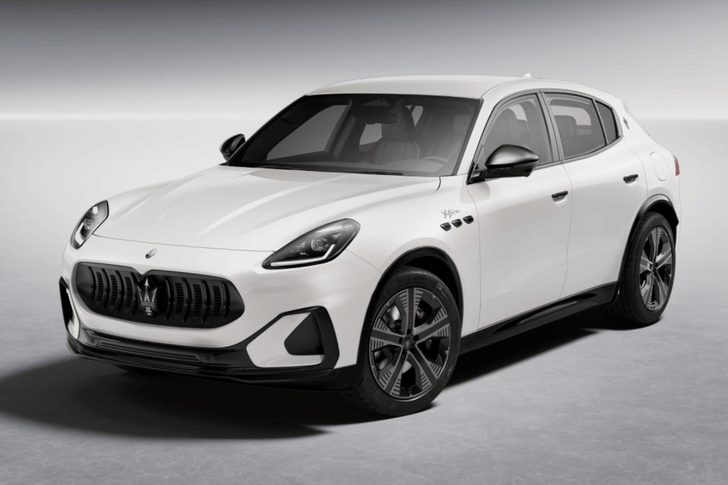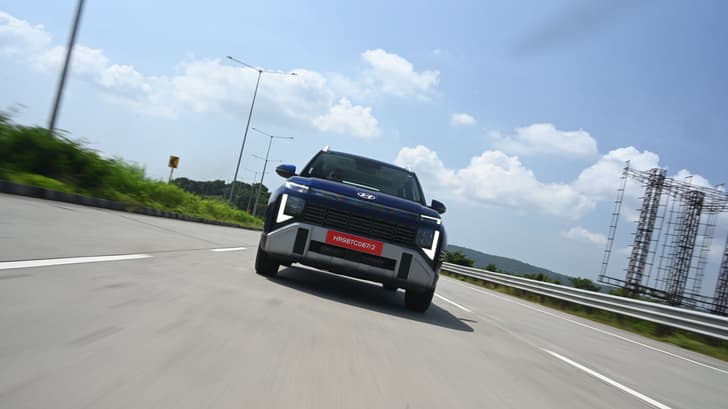What is it?
BMW’s 5-series has always tried to strike a balance between luxury and sport, and this has brought it a considerable measure of success. The sixth-generation 5 Series (F10), for example, sold more than 2.2 million units globally and it has been a strong seller for BMW in India too, selling consistently since its launch here. The F10, however, is a bit infamous too. Widely considered to be the one that diluted the 5’s sporting content, it has, at various times, been called too ‘soft’, too mild and too un-BMW like.
The challenge then with the new seventh-generation 5-series, the G30, is for BMW to widen its scope. On the one hand it has to be even more luxurious, comfortable and spacious, but on the other it crucially also has to re-establish itself as the best-handling and driving car in its class; a big ask.
As with many successful German cars, the design is more evolutionary than revolutionary. The most easily discernable differences are in the nose. This is because the headlights are now fused with the grille, as on the 7, and the chin is much more aggressive and sportier now. Other highlights include a new 7- series-like vent behind the front wheel arch, tight, muscular flanks, and a new set of quite distinctive tail-lamps. What I particularly like, however, is that the nose and grille are now near vertical, reminds me of the ‘shark-nosed’ BMWs from years gone by, and I just love that impossibly long wheelbase and the fact that the front wheels are pushed so far out. The wheelbase is in fact 7mm longer than before, and now at 2,975mm, is almost three meters long. Merc’s new long-wheelbase E-class for India will have an even longer 3,079mm wheelbase. The new car is also 36mm longer, but is sportier and more compact due to the muscular styling.
The changes are a lot more radical under the skin. Although the 5 does not use the expensive carbonfibre structural elements (Carbon Core) seen on the 7-series, it uses a much higher percentage of aluminium compared to the earlier car. The new G30 as a result is 95-100kg lighter, and torsional rigidity is hugely improved as well. The new 5 also gets a ‘new’ double-wishbone front suspension and all new rear-wheel-steering system (from the 7-series) to make it more agile. Electrically actuated and faster acting active anti-roll bars also replace the older hydraulically operated units.
What’s it like on the inside?
The increase in external dimensions has netted the new 5-series greater interior space, notably at the rear. It feels wider in the back, the seat has been reconfigured and re-shaped to provide a more 7-series-like experience and it feels like there’s a lot more legroom too. In fact, over the course of a couple of hours sat in the rear, I often questioned the need for a bigger, more expensive 7-series. This is because the seat base is nice and long, the big backrest is perfectly angled and the seats, with its thick saddle-leather-like uppers, have super side bolstering too. It’s clear BMW is focusing more on the rear seat experience due to more chauffeur-driven markets like China, and this is great for markets such as ours too. There’s more shoulder room and width up front, as well as a greater feeling of space, and with the compact dash design, the cabin feels airier too.
The design of the dash again is evolutionary. More compact and sporty in its outlook, it looks and feels as plush as that of the 7-series. Still, I love how BMW designers have used angular chrome brackets and wood together; I like how well the various elements of the dash gel together seamlessly and the huge step up in quality is rather evident too. There are just no ordinary-looking or poorly finished bits here. Also carried over from the 7-series is an updated version of the very usable gesture control. The individual ‘Sport’ and ‘Comfort’ buttons are carried over from the 7 too (I liked the earlier rocker switch more; you didn’t have to look down to use it), and the tiny air con and seat ventilation ‘touch’ controls that are a bit fiddly to use have been carried over as well. The best bit of the new cabin, however, is the simply gorgeous three- spoke steering wheel, with its chromed-over spokes; it just looks and feels fantastic.
What's it like to drive?
The new 5-series will be sold in India in 520d (190hp), 530d (265hp) and 530i (252hp) form; the 530i this time around being a four-cylinder engine.
The 530d tested here came with X-drive or four-wheel drive, and the rear- wheel-drive 540i tested here will only come to India at a later stage. Still, the 530d told us how far the new six-cylinder diesel (B57) has come and the 540i allowed us to experience the new 5 without the heavy and ‘numbing’ four- wheel-drive hardware.
The 530d initially feels familiar but soon proves to be much more energetic. With 265hp, 620Nm of torque and a car that’s a 100kg lighter, it has the ability to get up to warp speed as soon as you put your foot down. This is done with a hush and calm that are almost Mercedes-like in nature. In fact, drive the new 5 in its most relaxed setting below 3,000rpm and that is exactly what the car reminds you off: insulation has clearly taken a big step forward.
Engine refinement is much improved too. There is a bit of a growl when you go flat on the throttle and some rattle at high revs, but during normal operation very little engine noise enters the cabin. There’s a nice straight-six snarl as the revs build, and past 4,000rpm the new 5 pulls so well even in the higher reaches of the powerband, you’ll swear it was a petrol. Max revs on the new engine stay the same, an incredible 5,600rpm; only achievable with ‘Manual’ and ‘Sport Plus’ engaged. What an engine.
The 5-series also kills it when it comes to ride. No air springs are used here, but the suspension has the ability to round off bumps so effectively, you’d swear you were riding on nothing but compressed air. It even manages sharp bumps quite well, only larger and deeper holes making it feel a bit ‘clunky’ and lumpy.
What’s also quite gratifying is that the new 5 even has the ability to shake off its 7-series or Clark Kent disguise. This is more noticeable in the rear-wheel- drive car or the 540i. It’s not quite 3-series sharp, and it’s no acrobat either, but put it in ‘Sport Plus’ and the steering, gearbox and throttle tighten up so nicely, they put a big smile on my face.
The car now steers with more immediacy, agility is much higher, and, with the rear wheels helping to steer the car more aggressively, the new 5 just shrinks around you, as clichéd as that sounds. It’s a big step up from the current 5- series.
However, what’s unique is that there’s almost a monk-like calm to how it enters and exits corners. There’s a bit of body roll and truth be told a hint of detachment too, but the new 5 feels so sure-footed, you’re always looking for an opportunity to use more ‘right foot’ on the way out of corners. The effect of the rear-wheel steering, however, is all but imperceptible at speed.
Also on this car is BMW’s latest semi-autonomous driving function. It won’t make it to India, but we did enjoy allowing it to drive on lower-speed sections of the highway, the car even changing lanes and overtaking when you instruct it via the indicators: neat. BMW, unlike some others, however, doesn’t make any lofty claims. The car soon forces you to take over; BMW, it appears, is still more interested in driver-operated cars.
Should I buy one?
BMW’s new 5-series is a car that now has a much broader spread of talents. Much more comfortable and better put-together on the inside, it is more refined, better equipped and more relaxing to spend time in. The 5-series is also much nicer to drive. It may not be as sharp as a 3-series or, for that matter, the two-generations-old E60, but dial in Sport mode and it’s a car that delivers plenty of agility, super poise and a uniquely enjoyable driving experience. The new 5, clearly, is a significant step forward and a car worth waiting for when it comes to India in late 2017.






